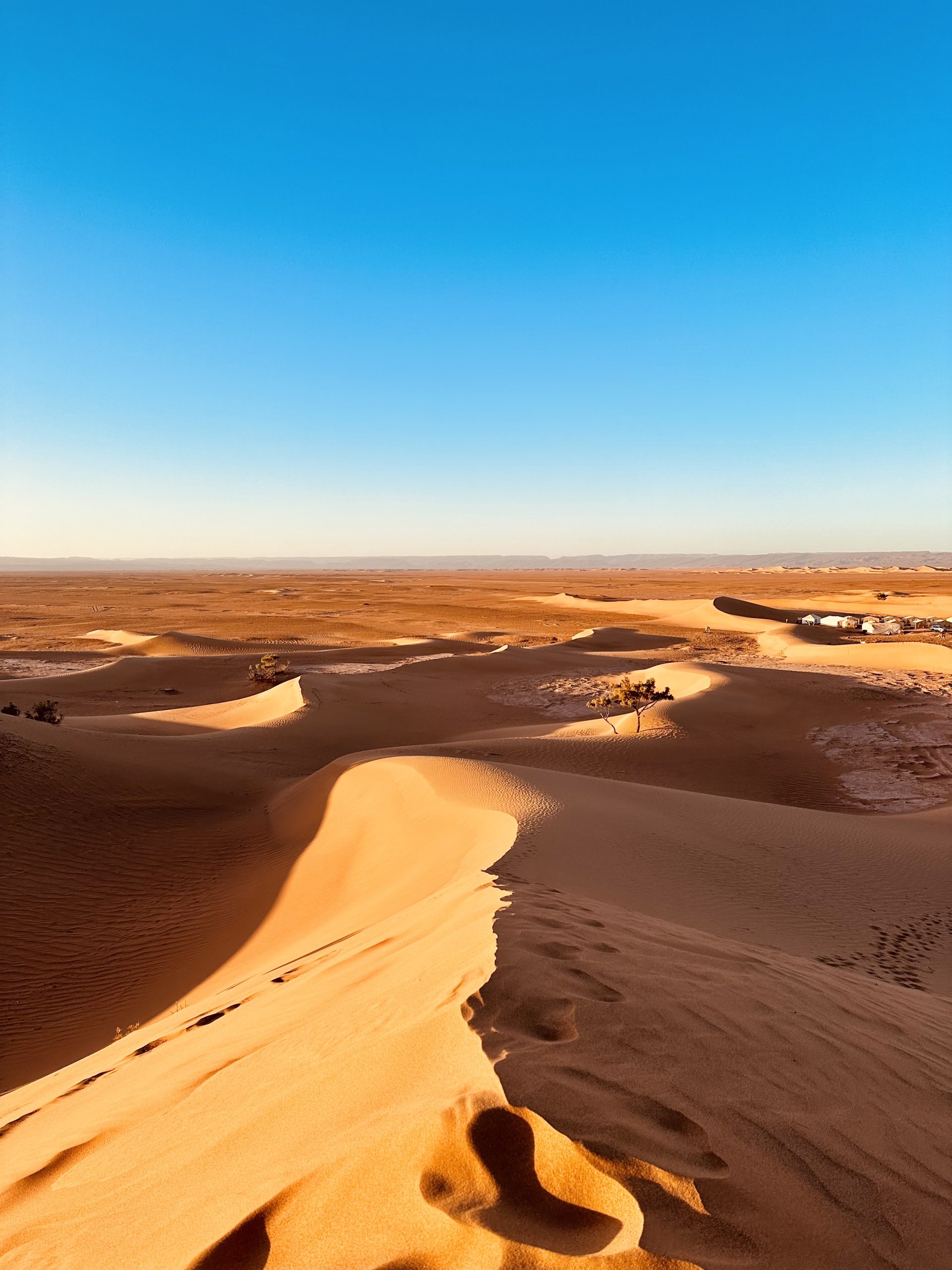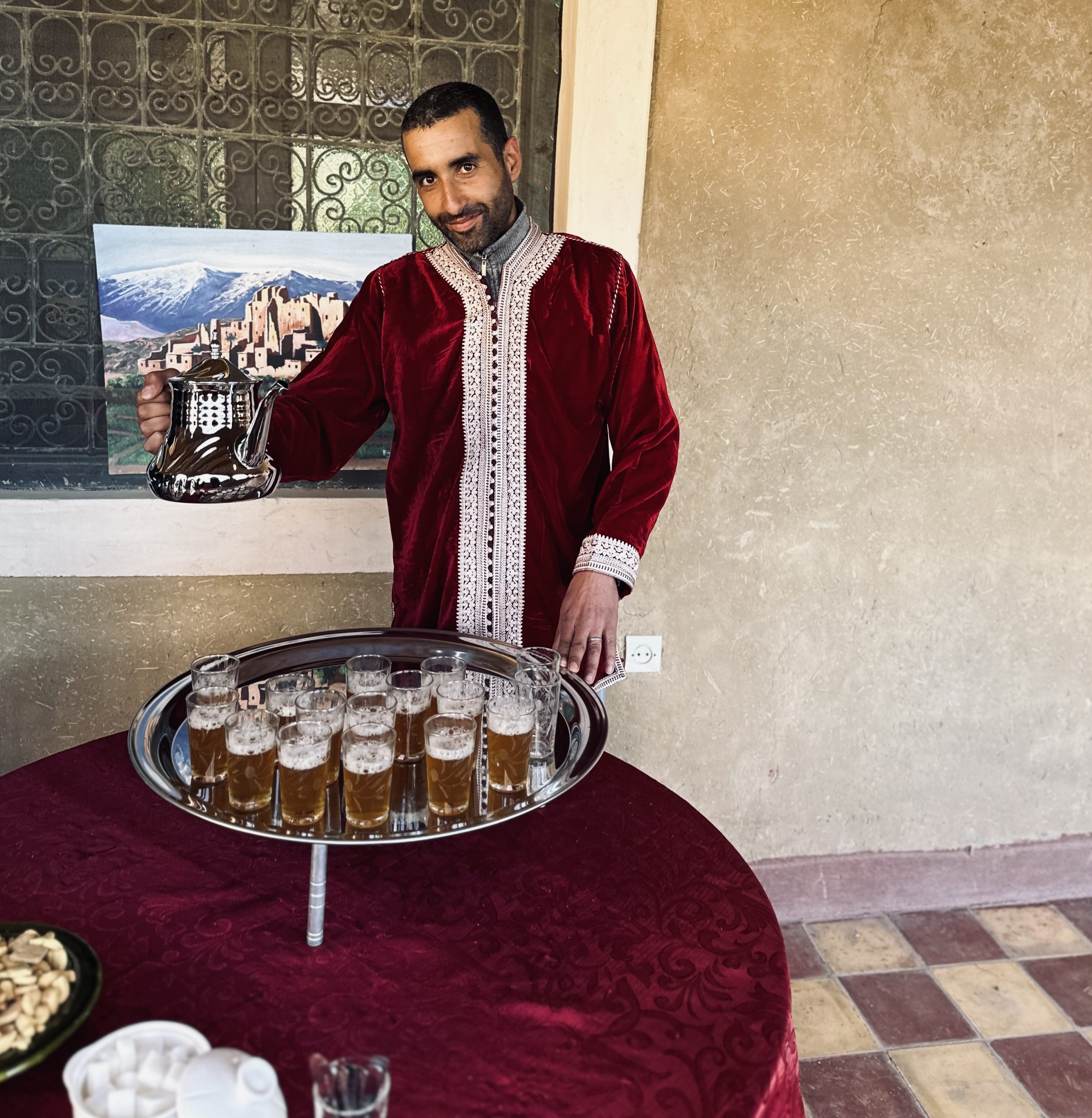
Morocco, a land where vibrant colors, rich history, and diverse cultures converge, offers an unforgettable experience for travelers seeking adventure, cultural immersion, and culinary delights. From the bustling markets of Marrakech to the serene beauty of the Sahara Desert, Morocco captivates visitors with its enchanting allure. If you’re planning a trip to this North African gem, here’s everything you need to know to make the most of your journey.
Getting There:
Morocco is easily accessible by air, with major international airports in cities like Casablanca, Marrakech, and Tangier. Depending on your point of departure, you can find direct flights or convenient connections through major European hubs.
Visa Requirements:
Many nationalities can enter Morocco visa-free for stays of up to 90 days. However, it’s essential to check the visa requirements based on your nationality before traveling to ensure a hassle-free entry.
Best Time To Visit:
Morocco experiences diverse climates, from the Mediterranean coast to the Sahara Desert. The best time to visit depends on your itinerary and preferences. Spring (March to May) and fall (September to November) are generally considered the most pleasant seasons, with mild temperatures and fewer crowds.
Summer (June to August):
Weather: Summer in Morocco brings hot temperatures, especially in the interior regions and desert areas, with temperatures soaring above 40°C (104°F). Coastal areas offer some relief with cooler temperatures, but they can still be crowded during this time.
Highlights:
- Enjoy coastal activities such as swimming, surfing, and sunbathing along the Atlantic coast.
- Escape the heat by exploring the cooler mountain regions, such as the Rif Mountains or the Atlas Mountains, where you can hike, trek, or visit Berber villages.
- Experience the vibrant atmosphere of cultural festivals and events, such as the Gnaoua World Music Festival in Essaouira (usually held in June), featuring traditional music performances and art exhibitions.
Fall (September to November):
Weather: Fall is another excellent time to visit Morocco, with comfortable temperatures ranging from 20°C to 30°C (68°F to 86°F). The weather remains sunny and pleasant, making it perfect for outdoor activities.
Highlights:
- Witness the breathtaking autumn colors in the Atlas Mountains, especially in the regions around Ifrane and Azrou.
- Explore the bustling medinas and souks of cities like Marrakech, Fes, and Tangier without the intense summer crowds.
- Attend cultural events such as the International Film Festival of Marrakech (usually held in November), which showcases a diverse selection of films from around the world.
Winter (December to February):
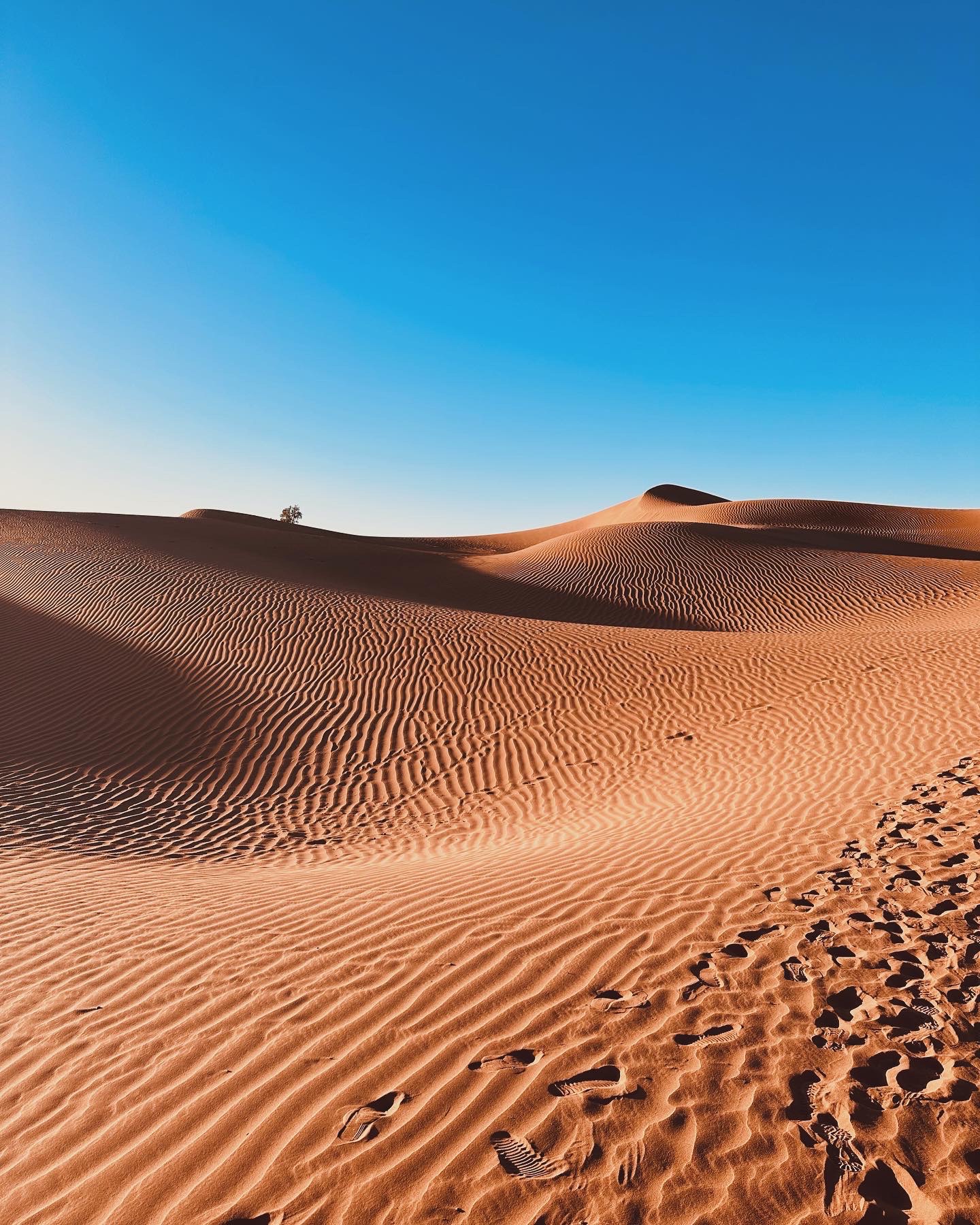
Weather: Winter brings cooler temperatures, especially in the northern and mountainous regions, with temperatures averaging between 10°C and 20°C (50°F to 68°F). The desert regions experience milder temperatures during the day but can be cold at night.
Highlights:
- Experience the unique beauty of the Sahara Desert without the scorching heat of summer. Enjoy treks, desert camping, and stargazing under clear night skies.
- Explore the snow-capped peaks of the Atlas Mountains, where you can enjoy winter sports such as skiing and snowboarding in areas like Oukaimeden.
- Attend cultural events such as the Almond Blossom Festival in Tafraoute (usually held in February), celebrating the blooming almond trees with traditional music, dance, and food.
Cultural Etiquette
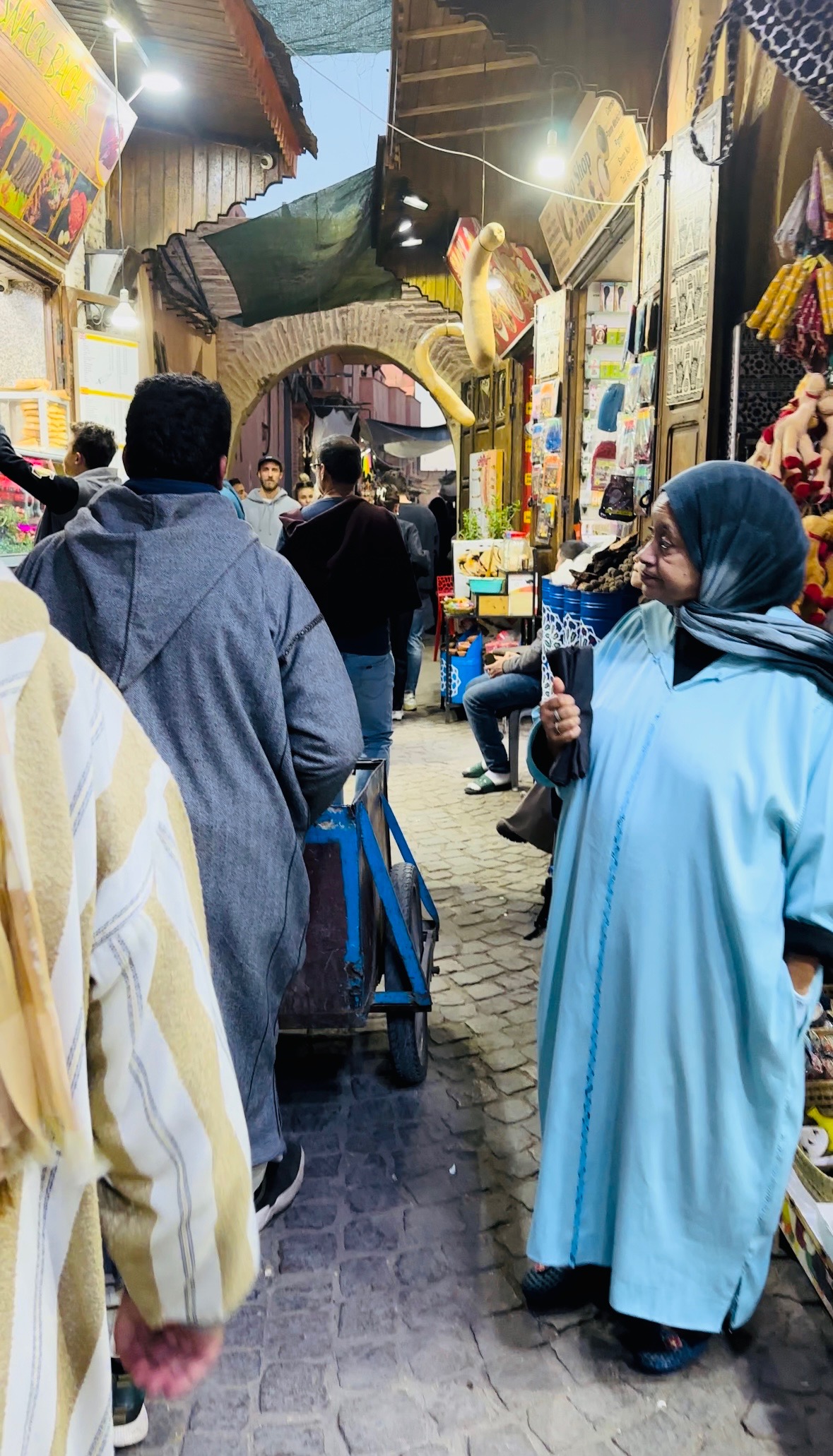
Morocco is a predominantly Muslim country with conservative customs, so it’s essential to respect local traditions.
Dress Code:
Morocco is a predominantly Muslim country, and while it’s relatively liberal compared to some other Islamic nations, modesty in dress is still important, especially in more conservative areas. For women, this typically means wearing clothing that covers the shoulders, knees, and cleavage. Loose-fitting clothing that doesn’t cling to the body is also preferred. Men generally wear long pants and avoid overly casual attire when visiting religious sites or attending formal events.
Greetings:
Greetings are an important part of Moroccan culture and are typically warm and friendly. When meeting someone, it’s customary to shake hands, though this may vary based on the level of familiarity. In more conservative settings, especially between genders, it’s best to wait for the other person to extend their hand first. When addressing someone, it’s polite to use titles such as “Mr.” or “Ms.” followed by the person’s last name unless instructed otherwise.
Language:
Arabic and Berber are the official languages of Morocco, but French is widely spoken, especially in urban areas and among the educated population. English is also becoming more common, particularly in tourist areas. Learning a few basic Arabic phrases, such as greetings and expressions of gratitude, can go a long way in fostering goodwill with locals.
Public Behavior:
Moroccans place a high value on politeness and hospitality, so maintaining a respectful demeanour in public is important. Avoid loud or disruptive behavior, especially in religious settings or during prayer times. Public displays of affection, such as kissing or embracing, should be kept to a minimum, particularly in more conservative areas.
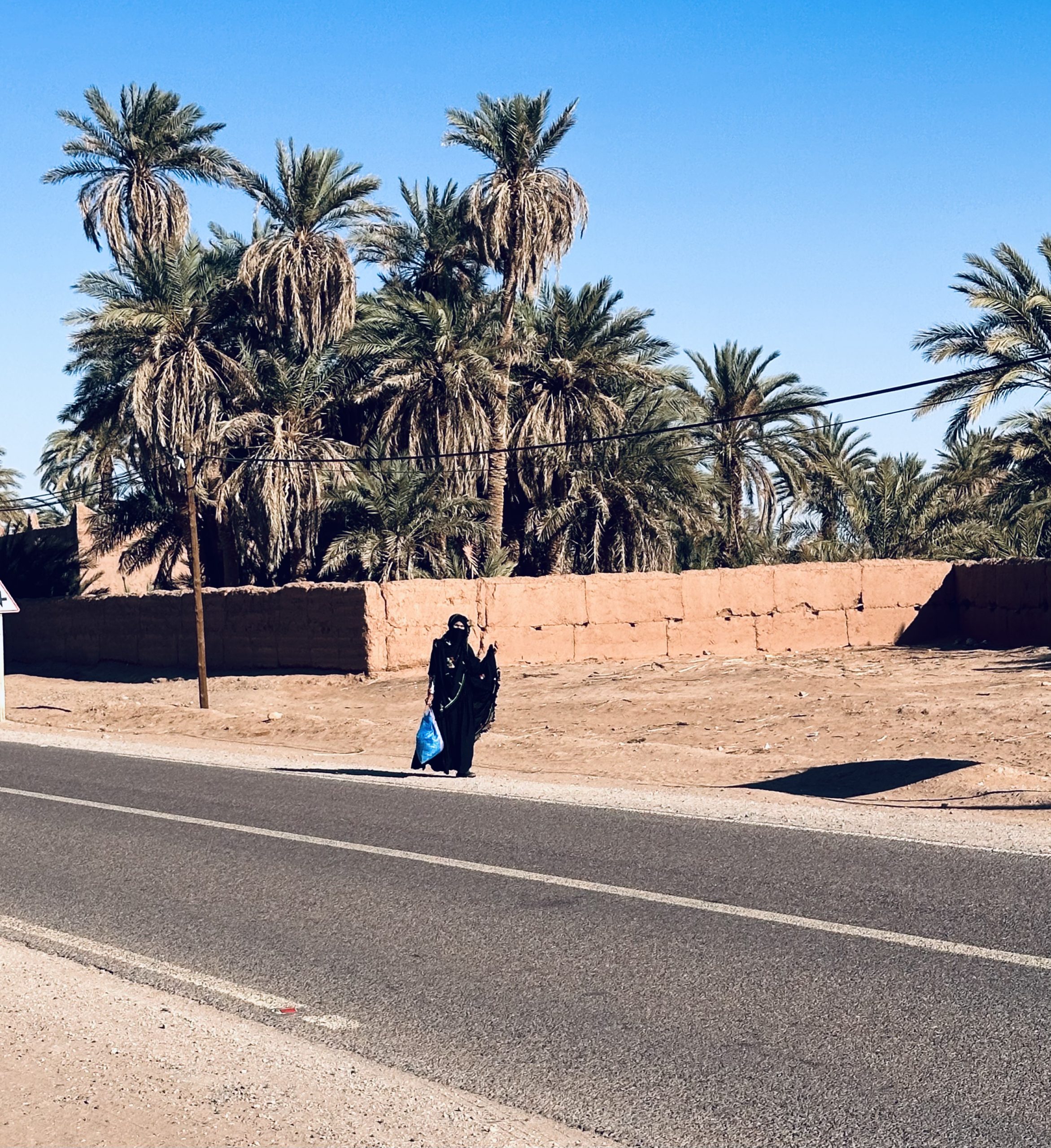
Religious Customs:
Islam plays a central role in Moroccan society, and religious customs should be observed and respected. When entering mosques or other religious sites, visitors should dress modestly and remove their shoes. Non-Muslims are generally not permitted inside mosques during prayer times, and it’s important to avoid disrupting worshippers.
Dining Etiquette:
Moroccan cuisine is often enjoyed communally, with dishes served in the center of the table for everyone to share. When dining with locals, it’s customary to wash your hands before and after the meal, as utensils are not always provided. Eating with your right hand is preferred, as the left hand is traditionally considered unclean. It’s polite to try a bit of everything offered and to express gratitude for the hospitality shown by your hosts.
Bargaining:
Haggling is a common practice in Moroccan markets, or souks, and is considered part of the shopping experience. When bargaining, approach the process with patience, a friendly attitude, and a sense of humor. Start by offering a price significantly lower than the asking price and be prepared to negotiate until both parties reach a mutually agreeable price. Remember to maintain respect for the vendor and the value of their goods throughout the process.
By familiarising yourself with these cultural norms and customs, you can show respect for Moroccan traditions and enhance your travel experience by forging meaningful connections with locals. Remember, a little effort to understand and appreciate the culture goes a long way in creating memorable and enriching experiences while traveling in Morocco.
CUISINE
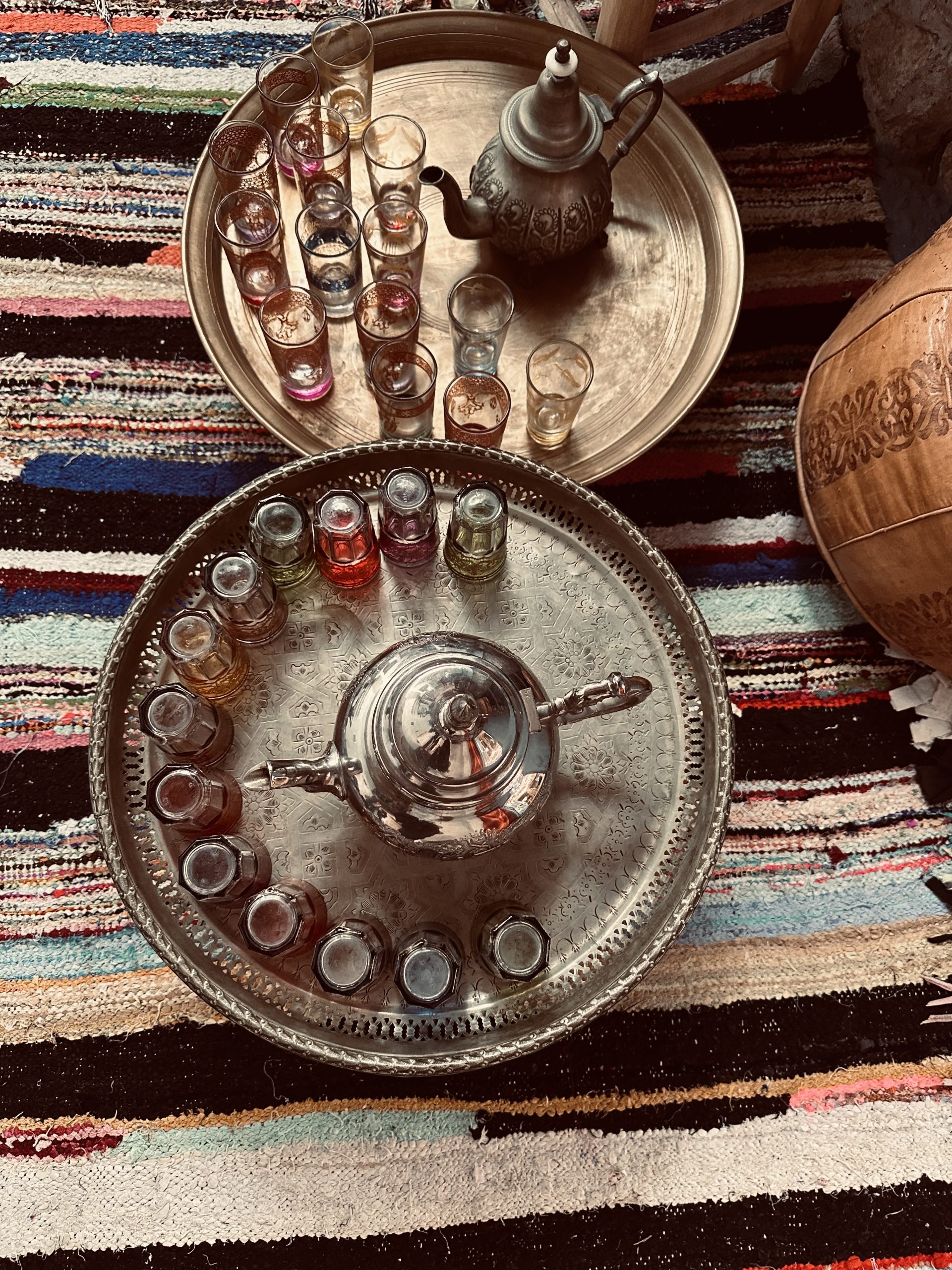
Moroccan cuisine is a culinary delight that reflects the country’s rich history, diverse culture, and unique blend of flavours. Here are some essential aspects to know:
- Tagine: Tagine is perhaps the most iconic Moroccan dish, named after the earthenware pot in which it is cooked. This slow-cooked stew typically features tender meat (such as lamb, chicken, or beef) or vegetables, simmered with a flavorful combination of spices, dried fruits, and nuts.
- Couscous: Couscous is a staple food in Moroccan cuisine, made from steamed semolina grains. It’s often served as a base for savory stews or accompanied by vegetables, meat, or fish. Friday is considered couscous day in many Moroccan households, where families gather to enjoy this traditional dish.
- Pastilla: Pastilla is a savory-sweet pastry that combines layers of flaky pastry with a filling of spiced meat (typically pigeon or chicken), almonds, and eggs. It’s often dusted with powdered sugar and cinnamon, creating a delightful contrast of flavors.
- Mint Tea: Mint tea, or “atay,” is an integral part of Moroccan hospitality and social gatherings. Made with green tea, fresh mint leaves, and sugar, this sweet and refreshing beverage is served throughout the day and is a symbol of friendship and welcome.
- Street Food: Moroccan street food offers a diverse array of flavors and textures, from savory meat skewers and grilled seafood to crispy pastries and sweet treats like “chebakia” (sesame-coated cookies) and “sellou” (a nutty confection).
- Msemmen: Msemmen is a traditional Moroccan pancake or flatbread that’s popular for breakfast or as a snack. It’s made from a dough of flour, semolina, yeast, salt, and water, which is kneaded until smooth and then shaped into squares or rectangles. The dough is then folded and rolled multiple times to create layers, resulting in a flaky and crispy texture when cooked.
Safety
Morocco is generally considered a safe destination for travelers, with a low crime rate and a welcoming attitude towards visitors. However, like any destination, it’s essential to take precautions to ensure a smooth and enjoyable trip:
- Street Safety: Exercise caution in crowded areas, especially in tourist hotspots and markets, where pickpocketing and petty theft can occur. Keep your belongings secure and be mindful of your surroundings, particularly in bustling medinas and public transportation hubs.
- Solo Travel: Solo travelers, particularly women, may attract unwanted attention in some areas. It’s advisable to dress modestly, avoid walking alone at night, and trust your instincts if you feel uncomfortable in any situation. Consider joining organized tours or hiring reputable guides for added safety and peace of mind.
- Scams: Be wary of common scams targeting tourists, such as overcharging for goods and services, fake guides offering unsolicited assistance, and fraudulent schemes aimed at extracting money or personal information. Always verify prices and agreements before making purchases or engaging in transactions.
- Health Precautions: Ensure you have adequate travel insurance that covers medical emergencies, including evacuation if necessary. Drink bottled water and avoid consuming tap water and uncooked or unpeeled fruits and vegetables to reduce the risk of foodborne illnesses.
- Political Unrest: While Morocco is generally stable politically, it’s essential to stay informed about current events and potential risks, especially in regions bordering disputed territories or areas prone to social unrest. Follow the advice of local authorities and avoid participating in demonstrations or protests.
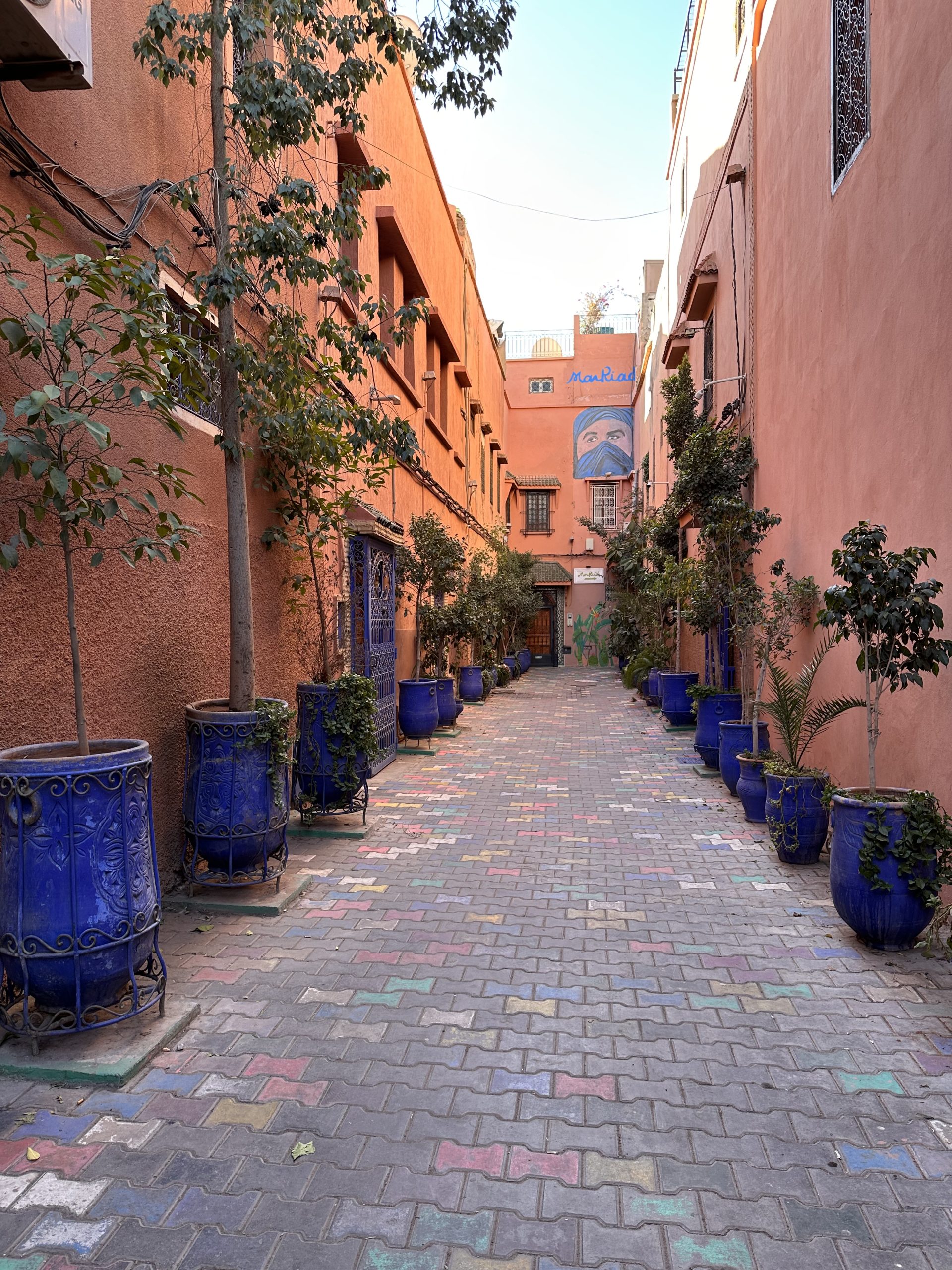
From the vibrant markets of Marrakech to the tranquil beauty of the Sahara Desert, Morocco offers a captivating blend of history, culture, and natural beauty. Whether you’re exploring ancient medinas, savoring flavorful cuisine, or embarking on desert adventures, a journey to Morocco promises memories that will last a lifetime. So pack your bags, immerse yourself in the magic of Morocco, and prepare for an unforgettable adventure in this captivating land!
